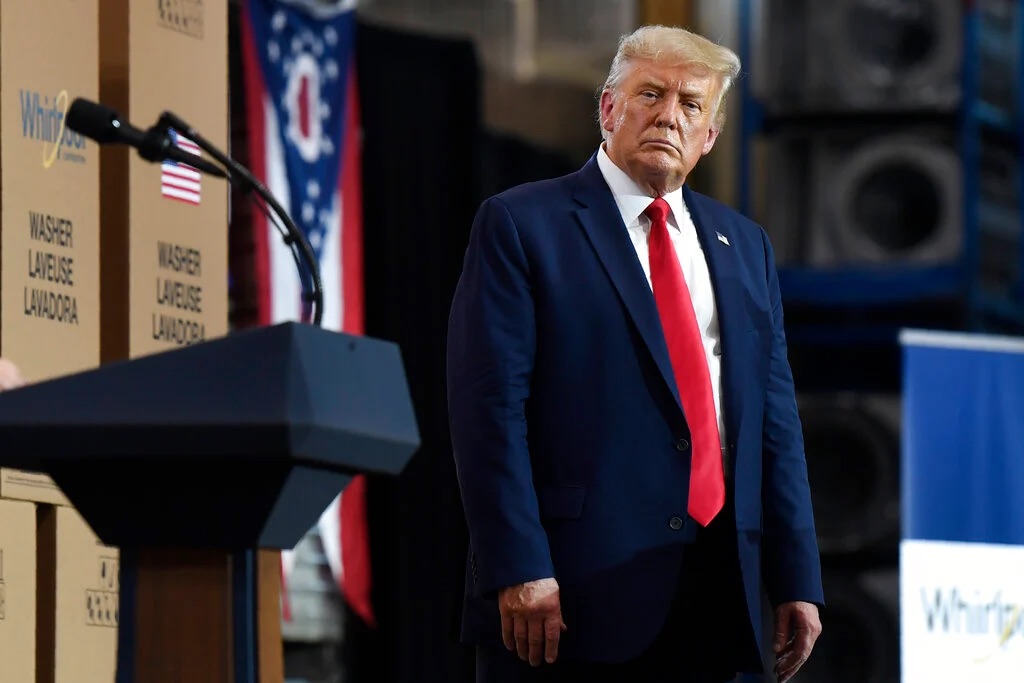On July 10, a strategic roundtable was held in Washington D.C., bringing together members of the United States Congress and a senior advisor to President Joe Biden, who participated in her personal capacity. The event focused on the burgeoning field of cryptocurrencies and blockchain technology, marking a significant discourse between government officials and industry leaders.
Participants of the Roundtable
The roundtable saw the participation of several key figures from both the political and crypto sectors:
- Government Representatives: Representative Ro Khanna, Representative Joe Neguse, and Senator Kristin Gillibrand.
- Presidential Advisor: Anita Dunn, acting in a personal capacity.
- Crypto Industry Leaders:
- Sheila Warren, CEO of Crypto Council for Innovation
- Kristin Smith, CEO of Blockchain Association
- Paul Grewal, Chief Legal Officer at Coinbase
- Brad Garlinghouse, CEO of Ripple
- Denelle Dixon, CEO of Stellar Development Foundation
- Entrepreneur Mark Cuban
Sheila Warren lauded the roundtable as a “productive step forward” for nonpartisan discussion on cryptocurrency, a sentiment echoed by Denelle Dixon who emphasized the critical need for U.S. leadership in blockchain technology.
The dialogue covered a range of topics crucial for the advancement of digital assets:
- Bipartisan Approach: The importance of addressing cryptocurrency regulation in a bipartisan manner.
- Future of Blockchain: Discussions on how the U.S. can remain at the forefront of blockchain technology and digital asset innovation.
Denelle Dixon stressed, “It’s clear that these leaders understand that leadership from the United States on blockchain technology and digital assets is critical to ensure this industry and this technology is allowed to flourish.”
Reflections and Reactions Post-Roundtable
Post-event, Brad Garlinghouse, CEO of Ripple, expressed on social media platform X that the roundtable might be the “first step in moving from words to actual action.” However, he noted ongoing partisan divides regarding crypto and criticized SEC Chair Gary Gensler for his seemingly outdated views on digital assets, referring to him as a “Luddite.”
Concurrently, Representatives Khanna and Neguse are set to join other members of the House of Representatives to consider overriding President Biden’s veto of a resolution concerning an SEC rule. This rule mandates that banks record cryptocurrency as a liability on their balance sheets. Overriding the veto requires a two-thirds majority in the House.
Although Anita Dunn attended the roundtable in her personal capacity, her presence is speculated to reflect a potential reassessment of the Biden administration’s stance on cryptocurrencies. This participation comes in contrast to the previous administration under Donald Trump, where the Republican National Committee incorporated policies opposing a central bank digital currency and supporting Bitcoin mining in the U.S.
Political and Election Considerations
Looking ahead, President Biden is reportedly considering allowing his campaign to accept cryptocurrency contributions for his 2024 reelection bid. Both Biden and former President Trump are the anticipated candidates for the Democratic and Republican parties, respectively, with official nominations pending at their party conventions.
| Name | Role | Contribution |
|---|---|---|
| Ro Khanna | U.S. Representative | Discussant |
| Joe Neguse | U.S. Representative | Discussant |
| Kristin Gillibrand | U.S. Senator | Discussant |
| Anita Dunn | Presidential Advisor (Personal Capacity) | Strategic Insights |
| Sheila Warren | CEO, Crypto Council for Innovation | Nonpartisan Approach Advocacy |
| Kristin Smith | CEO, Blockchain Association | Industry Advocacy |
| Paul Grewal | Chief Legal Officer, Coinbase | Legal Perspectives on Crypto |
| Brad Garlinghouse | CEO, Ripple | Advocacy for Regulatory Clarity |
| Denelle Dixon | CEO, Stellar Development Foundation | Emphasis on U.S. Leadership in Blockchain |
| Mark Cuban | Entrepreneur | Investment and Innovation Insights |
The roundtable between U.S. lawmakers and leaders in the cryptocurrency industry signifies a crucial dialogue aimed at shaping the future regulatory landscape for digital assets. It underscores a collective effort to foster an environment conducive to technological innovation while addressing regulatory challenges.










